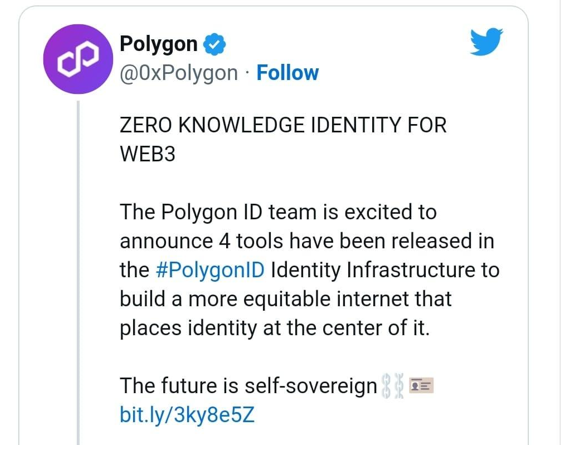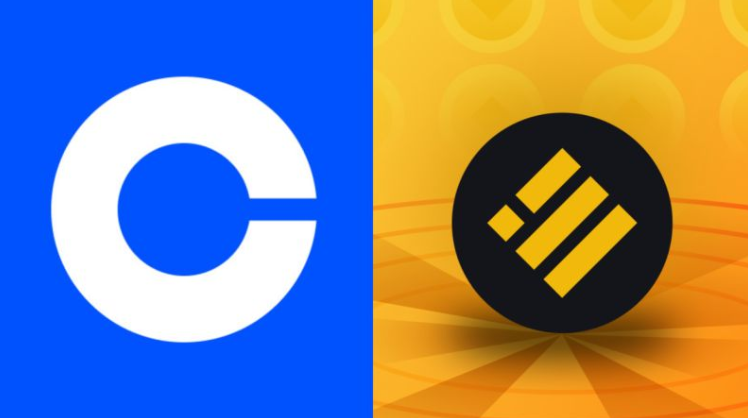
Subscribe to the CryptoWeekly Newsletter
Get the top stories, funding deals, technical analysis, cryptocurrency jobs and much more delivered to your inbox, every Monday morning.

March 22,2023
New CBDC Ban Suggested By Florida Governor

March 19,2023
Arbitrum Officially Announces Intentions Of DAO Transition And New Token Airdrop

March 18,2023
Microsoft Reportedly Testing New Built-In Crypto Wallet

March 16,2023
Uniswap Officially Expands To BNB After Successful Governance Proposal

March 15,2023
Is Crypto Indeed A Safer Option Than Banks Now

March 12,2023
Crypto Community Returning To Its Roots After SVB Goes Down

March 12,2023
SEC Continues To Lose Public Support As Voyager And Binance US Deal Gets Finalized

March 10,2023
A Key Pillar Of The Crypto Industry Falls As Silvergate Shuts Down

March 05,2023
Tether Reportedly Falsified Documents To Deceive Cautious Banks

March 05,2023
New Decentralized Product Which Uses ZK Proofs Gets Launched By Polygon

March 02,2023
Mastercard And Visa Get Cold Feet As Both Companies Pause Crypto Push

February 28,2023